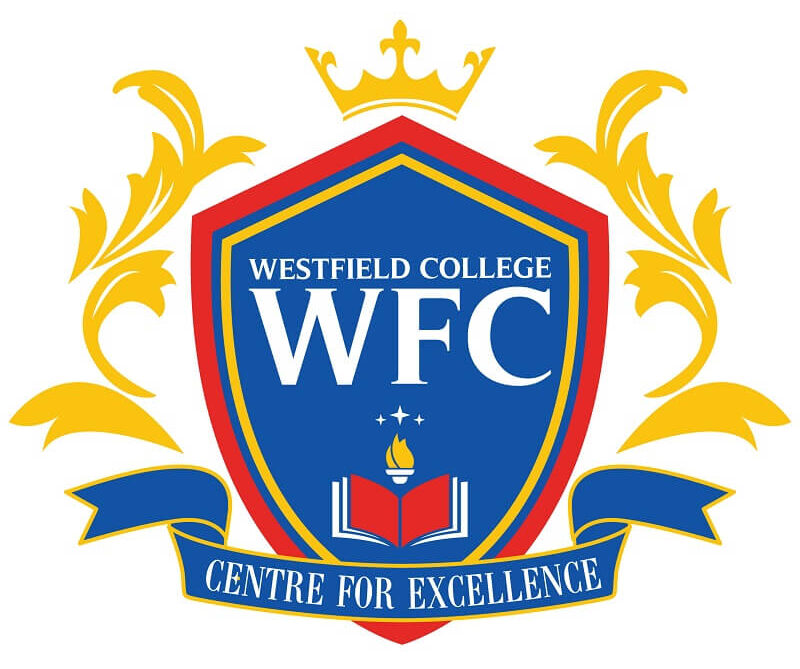Communication in Health and Social Care. Great Course. Very Easy to Understand
LLB (Hons) Law (Including Foundation Year)

Overview:
The Foundation Year in Law is an excellent opportunity for learners who are outside the standard academic profile that might be expected for a law degree.
Whether you are a mature learner, have relevant work experience but no formal qualifications, or simply don’t have the UCAS points that are required for the standard LLB, this could be the course for you. The foundation aspect attached to the LLB means that you can achieve your academic aspirations of studying law even though you may not come from the traditional academic background.
The first year of the course is designed to provide a foundation of core knowledge of several areas of law, skills which are appropriate to the study of law and, how law applies to the world around you. You would then progress to the standard LLB Law Degree, which is the main qualifying law degree for progression into being a professional lawyer.
This course will be taught over three days per week to allow students to manage study around other work and family commitments.
LLB (Hons) Law (Including Foundation Year)
Typical A-Level Offer
DD, 48 tariff points to exclude General Studies.
Typical BTEC Offer
BTEC Extended Diploma Pass Pass Pass.
Typical Access to HE Offer
Pass the Access to HE Diploma with a minimum of 48 UCAS Tariff points.
Additional Requirements
GCSEs: The University normally requires a minimum 5 GCSEs including Mathematics/Numeracy and English at Grade C or Grade 4 or above, or their equivalent, but consideration is given to individual circumstances.
Relevant personal work/life experience will be considered
Online application form
Information requested on this form should be completed in as much detail in order to process your application successfully. All fields marked * must be completed.
Apply Now
Entry Requirements
Contextual offers
We may make you a lower offer based on a range of factors, including your background (where you live and the school or college that you attended for example), your experiences and individual circumstances (as a care leaver, for example). This is referred to as a contextual offer and we receive data from UCAS to support us in making these decisions. USW prides itself on its student experience and we support our students to achieve their goals and become a successful graduate. This approach helps us to support students who have the potential to succeed and who may have faced barriers that make it more difficult to access university. Here is a link to our Contextual Admissions Policy.
Other qualifications and experience
We can also consider combinations of qualifications and other qualifications not listed here may also be acceptable. We can sometimes consider credits achieved at other universities and your work/life experience through an assessment of prior learning. This may be for year one entry, or advanced entry to year two or three of a course where this is possible.
To find out which qualifications have tariff points, please refer to the UCAS tariff calculator.
If you need more help or information or would like to speak to our friendly admissions team, please contact us here
Please note that whilst this course does not require a DBS Check for entry, some professions will not consider candidates who have certain types of criminal convictions. Therefore, if you have a criminal conviction and you are considering a particular career path we would recommend that you check with the relevant professional body or refer to their recruitment policy to make sure that your conviction will not disadvantage you.
WHAT YOU WILL STUDY
Students will study six modules, which will be assessed via a number of examinations, assignments, and presentations.
The study skills module is designed to help you with examinations and revision techniques, as well as skills including note-taking, essay writing, referencing and planning assignments.
- Study Skills
- Investigative Project
- Introduction to Criminal Law
- Introduction to Civil Law
- Law in Context
- Social Policy
Teaching
You will learn through lectures and seminars, and actively participate in learning through individual study, and written and oral presentations. You will also gain experience in group work and workshops.
The study skills module will also help you with examination and revision techniques, as well as skills including note taking, essay writing, referencing and planning assignments.
Assessment
Students are assessed via a number of examinations, assignments and presentations.
COURSE DETAILS
Accreditations
The course maintains a focus on law foundation subjects, and satisfies the required level of training at this academic stage as recommended by the Solicitors Regulation Authority and the Bar Standards Board.
Placements
We work with the legal services sector to offer valuable work placements, where you can practise your new legal skills and understand the realities of the workplace. This placement will also contribute towards your legal degree. Firms involved in the scheme include Hugh James, Eversheds, Capital Law and many more.
Volunteering
You can volunteer at our Legal Advice Clinic, in addition to studying a Clinical module. Under supervision, you can provide free legal advice to members of the public and small businesses. This will give you an opportunity to put your theoretical studies into practice and provide vital work experience.
Students are provided with many opportunities to volunteer in projects including virtual volunteering opportunities with a Regional Employment Judge, ELIPS (Employment Tribunal Litigant in Person Scheme), Shelter Cymru Volunteer Pathways Programme, Age Cymru Independent Volunteer Advocates and Cardiff Lawyers Care Homelessness Clinic.
Facilities
The University of South Wales has impressive study facilities for law. The award-winning Legal Advice Clinic sits in the main Law building. We also have a courtroom with digital video facilities, a legal practice library, and dedicated teaching and practice rooms. You can take part in a range of activities, including moots and mock trials in our Moot Courtroom, which is modelled on those you will experience as a qualified practitioner. We run simulations in our Hydra suite to provide real world experiences in a supportive environment.
Additional Costs
As a student of USW, you’ll have access to lots of free resources to support your study and learning, such as textbooks, publications, online journals, laptops, and plenty of remote-access resources. Whilst in most cases these resources are more than sufficient in supporting you with completing your course, additional costs, both obligatory and optional, may be required or requested for the likes of travel, memberships, experience days, stationery, printing, or equipment.
CAREERS
Our Careers and Employability Service
As a USW student, you will have access to advice from the Careers and Employability Service throughout your studies and after you graduate.
This includes: one-to-one appointments from faculty based Career Advisers, in person, over the phone or even on Skype and through email via the “Ask a Question” service. We also have extensive online resources for help with considering your career options and presenting yourself well to employers. Resources include psychometric tests, career assessments, a CV builder, interview simulator and application help. Our employer database has over 2,000 registered employers targeting USW students, you can receive weekly email alerts for jobs.
Our Careers service has dedicated teams: A central work experience team to help you find relevant placements; an employability development team which includes an employability programme called Grad Edge; and an Enterprise team focused on new business ideas and entrepreneurship.
Fees
Full time
- 12 to 18 months
£7,250
You’ll study 9 modules in total (approx. 37 hrs/week).
Part time option one
- 12 to 18 months
£4,250
You’ll study 6 modules per year (approx. 25 hrs/week).
Part time option two
- 12 to 18 months
£5,500
Have a question about our professional qualifications?

Contact us about our professional qualifications
If you have any questions about our professional qualifications in finance and banking, please contact our customer services team.
Call us
- +44 (0) 203 771 5653
- admissions@westfieldcollege.co.uk
What Our Students Have To Say
Hi, I recently started Access to Higher Education Diploma (Nursing and Midwifery) course with Westfield College.
--Komal Kiran Galaria
DesignerMy experience with Westfield College is great. The supervisor and the admin team are proactive and efficient.

